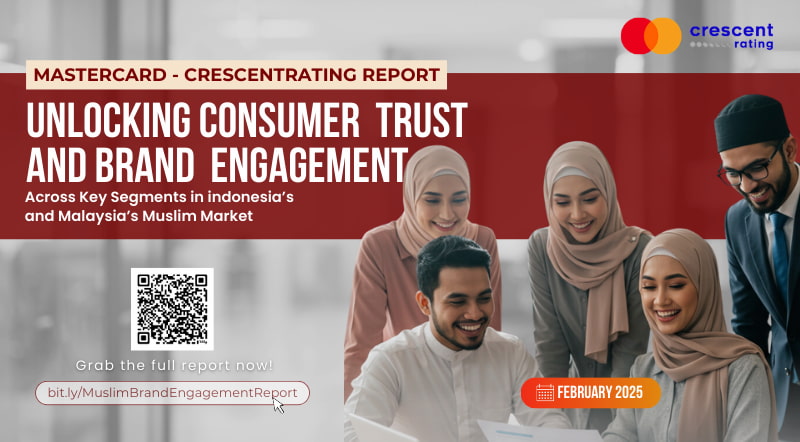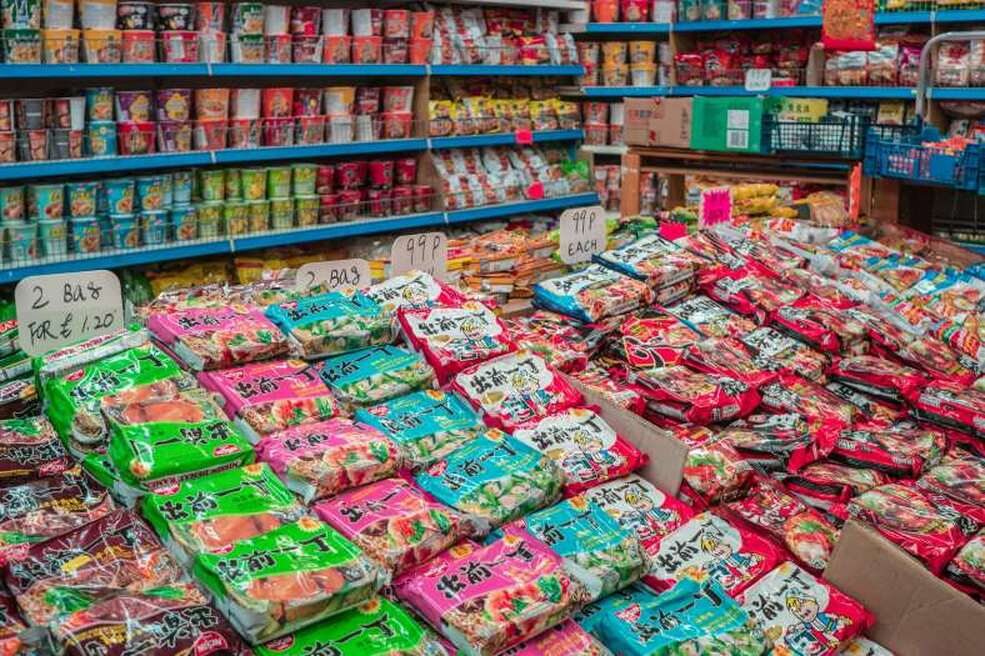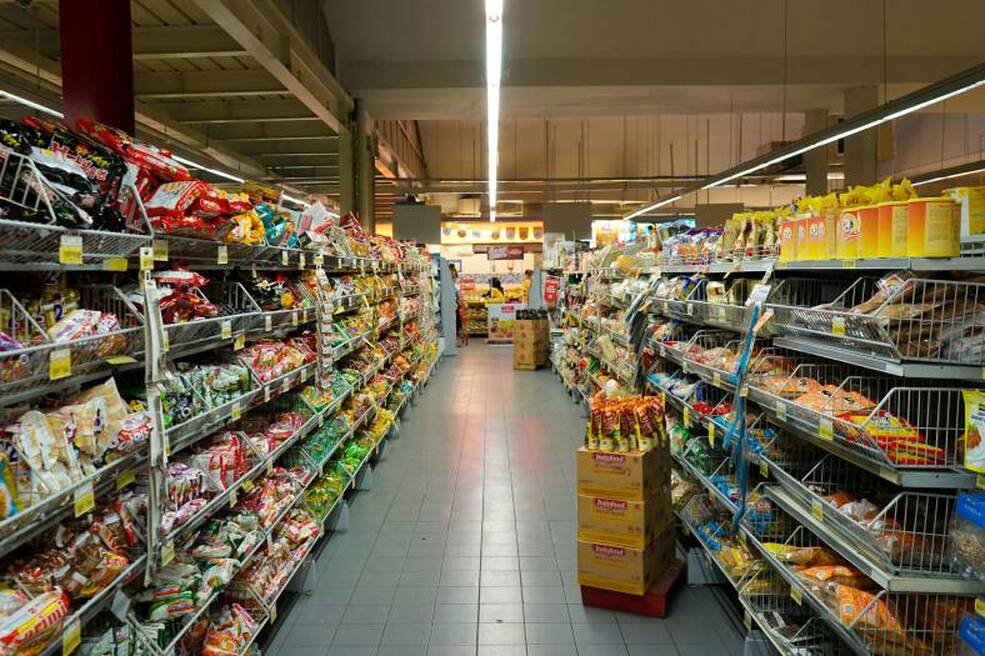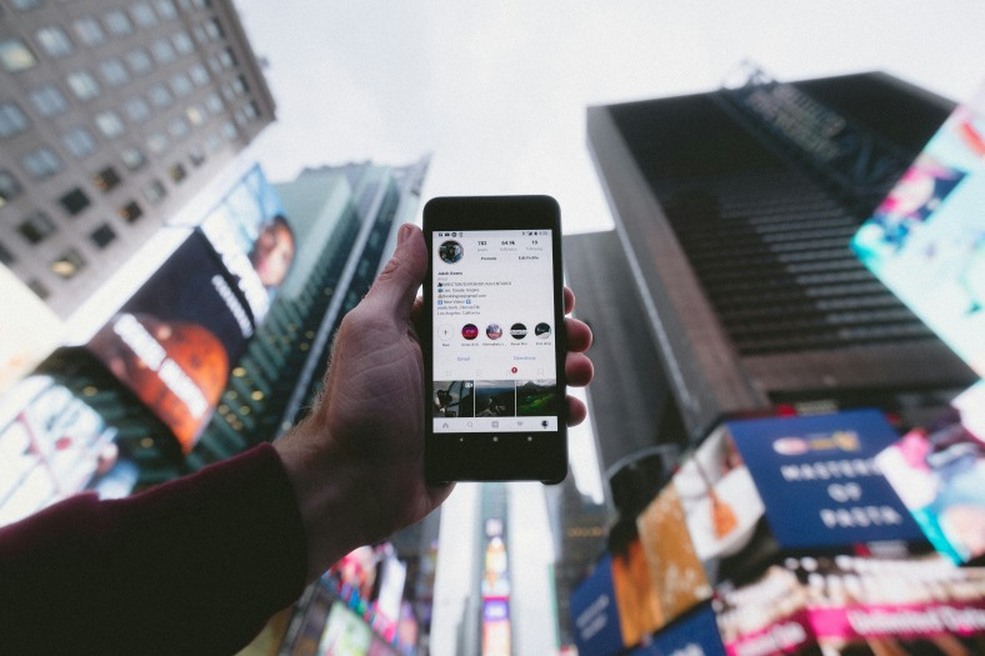
The Mastercard-CrescentRating Unlocking Consumer Trust and Brand Engagement Across Key Segments in Indonesia’s and Malaysia’s Muslim Market 2025 report provides a comprehensive analysis of consumer trust and brand engagement in the growing Muslim markets of Indonesia and Malaysia. With Indonesia being home to the world’s largest Muslim population and Malaysia positioned as a global leader in the Halal economy, both markets present valuable opportunities for businesses looking to align with the needs and expectations of Muslim consumers. The report examines key drivers of trust, loyalty, and engagement, offering actionable insights for brands that seek to strengthen their presence within these demographics.

Image Credit: Miquel Parera on Unsplash
To effectively engage with Muslim consumers, brands must understand market segmentation based on Halal compliance and consumer values.
1. Intrinsic Halal Segment – Intrinsic Halal segment covers products and services that are inherently tied to religious practices, such as Hajj & Umrah travel, Qur’an applications, and Islamic education.
2. Core Halal Segment – Encompasses essential daily products such as food, personal care, and pharmaceuticals, where Halal assurance is mandatory.
3. Muslim-Friendly Segment – Includes industries like hospitality, travel, and modest fashion, where brands need to adopt faith-sensitive adjustments.
4. The Neutral Segment – Consists of everyday goods like technology, furniture, and office supplies, which do not conflict with Halal principles.
5. Non-Halal Segment – Includes products that are strictly avoided by Muslim consumers, such as alcohol and gambling.
Understanding these distinctions is essential for businesses and enables them to seek, engage, and tailor their strategies and offerings to the Muslim market in a meaningful and effective way.

Image Credit: Jonathan Roger on Unsplash
Indonesia’s Muslim consumer market is changing quickly due to urbanization, a rising middle class, and a more digital lifestyle. Consumers are looking for brands that resonate with their faith, values, and ethical standards. The study shows that 90% of Indonesian and Malaysian consumers prioritize brands that follow faith-based values and principles. Additionally, 40% of consumers turn to social media platforms like TikTok and Instagram to discover brands, underscoring the growing importance of digital engagement. Transparency and sustainability are also gaining traction, as consumers demand ethical sourcing and responsible business practices.
In Malaysia, the structured Halal ecosystem segments the market into Core Halal and Muslim-Friendly categories, reflecting a wide range of consumer expectations. Sectors such as Islamic finance, Halal-certified food and beverages, and modest fashion lead consumer spending patterns, reinforcing the connection between business offerings and faith-based consumption behaviors. Furthermore, 66% of Malaysian consumers engage in brand loyalty programs, with 70% finding them highly effective, presenting a clear opportunity for businesses to improve customer retention strategies.

Image Credit: Fikri Rasyid on Unsplash
Muslim consumers in Indonesia and Malaysia place a high value on quality, price, and Halal assurance when making purchasing decisions. In Indonesia, the most critical factors are quality (4.6), followed by Halal assurance (4.4) and price (4.3). In Malaysia, Halal assurance (4.8) takes precedence, followed by quality (4.7) and price (4.5). These insights indicate that while affordability is important, trust in Halal compliance and product quality is crucial in influencing purchasing behavior.
Cultural and faith sensitivity plays a crucial role in consumer engagement, with nearly 90% of respondents highlighting the need for brands to honor their faith traditions. Companies that meet these expectations are more likely to earn consumer trust and foster long-term loyalty.
Loyalty programs are essential for nurturing long-term consumer engagement, though their success differs between Indonesia and Malaysia. The research indicates that over 60% of Malaysian consumers actively participate in brand loyalty programs, while only 34% do so in Indonesia. Despite this disparity, both markets show a strong belief in the effectiveness of these programs, with more than 65% of respondents rating them positively.
This implies that brands can boost participation by improving program visibility, streamlining the enrollment process, and providing personalized incentives like discounts, exclusive offers, or community-based rewards. Companies that effectively implement value-driven loyalty strategies will be better positioned to encourage repeat purchases and cultivate enduring customer relationships.

Image Credit: Jakob Owens on Unsplash
Digital platforms play an essential role in brand discovery and engagement. In Indonesia, TikTok and Instagram lead consumer interactions, while Malaysia exhibits a more balanced mix of online advertising, in-store promotions, and word-of-mouth recommendations. The study highlights that short-form video content, influencer collaborations, and authentic brand storytelling are among the most effective strategies for engaging Muslim audiences.
The report outlines the TRUST Framework, a model designed to help brands develop meaningful engagement strategies with Muslim consumers.
1. Transparency & Trustworthiness – Businesses must prioritize ethical sourcing, clear Halal certification, and open communication to strengthen credibility.
2. Relevance to Faith & Culture – Brands need to align their offerings with Islamic values, ensuring compatibility with religious and cultural expectations.
3. Unwavering Quality – Consistency in product quality builds long-term loyalty, as consumers expect high standards from trusted brands.
4. Social Connection – Engaging with the Muslim community through influencer partnerships, cultural events, and social initiatives enhances brand authenticity.
5. Thoughtful Rewards – Loyalty programs should offer personalized benefits, including charitable giving options that align with Islamic values.
The study identifies significant market opportunities for brands aiming to enhance their presence in Indonesia and Malaysia. Indonesia presents a chance to expand loyalty programs and boost Halal-aligned product offerings, while Malaysia's well-structured Halal ecosystem lays a solid groundwork for improving loyalty engagement and value-added services.
Companies that understand these market trends and implement data-driven, culturally aware strategies will be better positioned to thrive in the growing Muslim consumer segment. By prioritizing transparency, faith-based relevance, and digital engagement, brands can cultivate trust, encourage loyalty, and forge meaningful connections with their audiences.
Download the full report here. Explore more insightful reports and engaging publications by visiting CrescentRating.